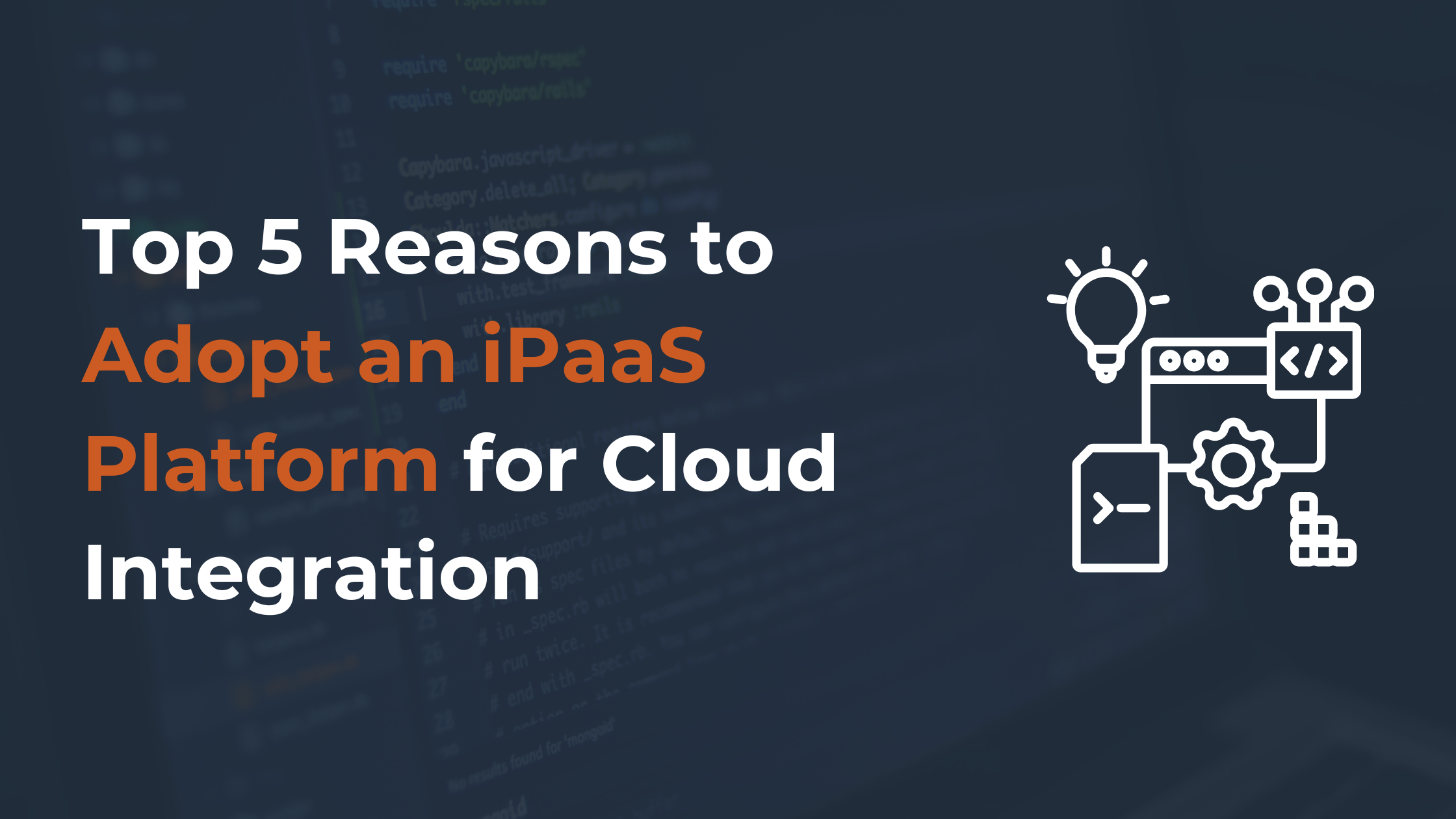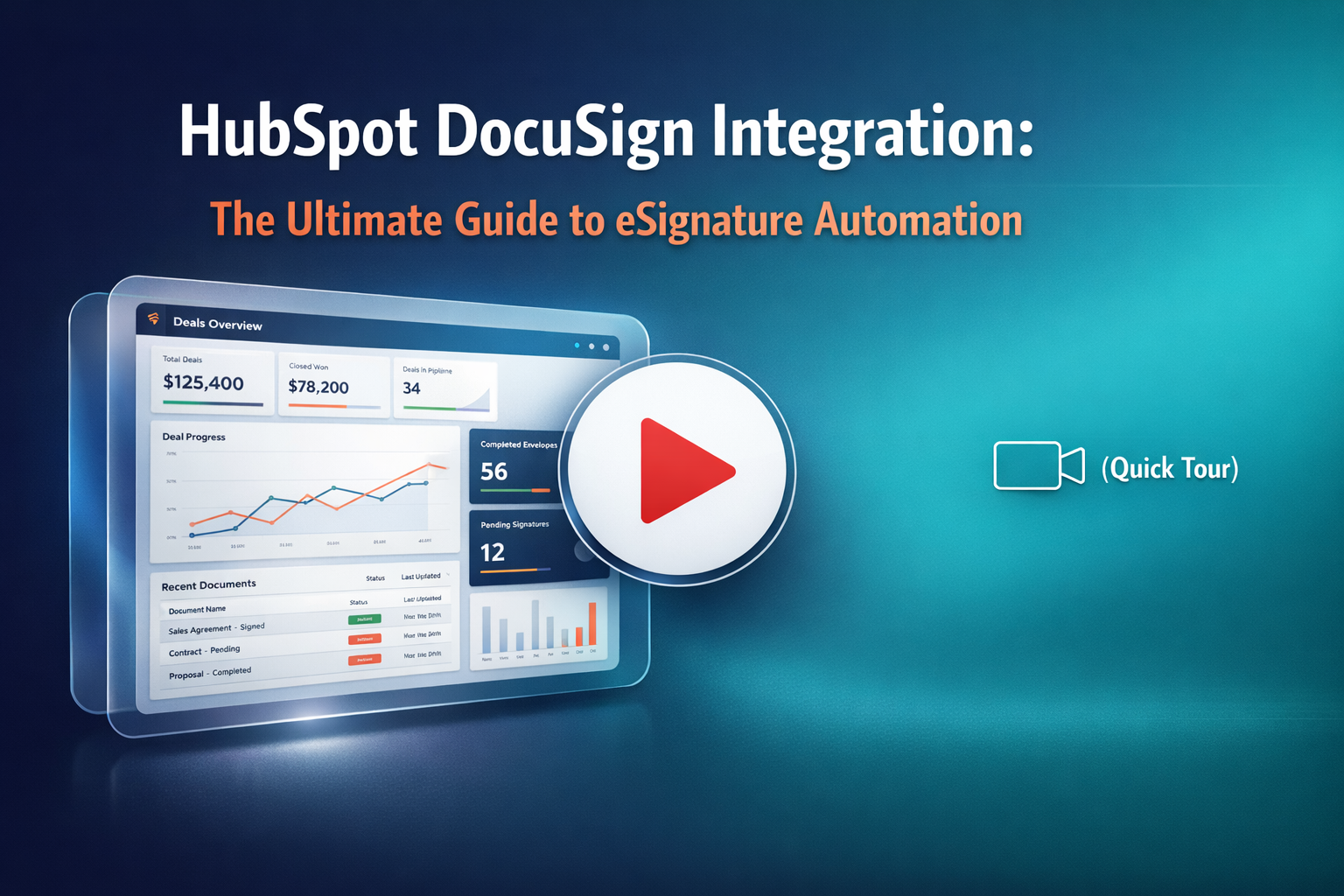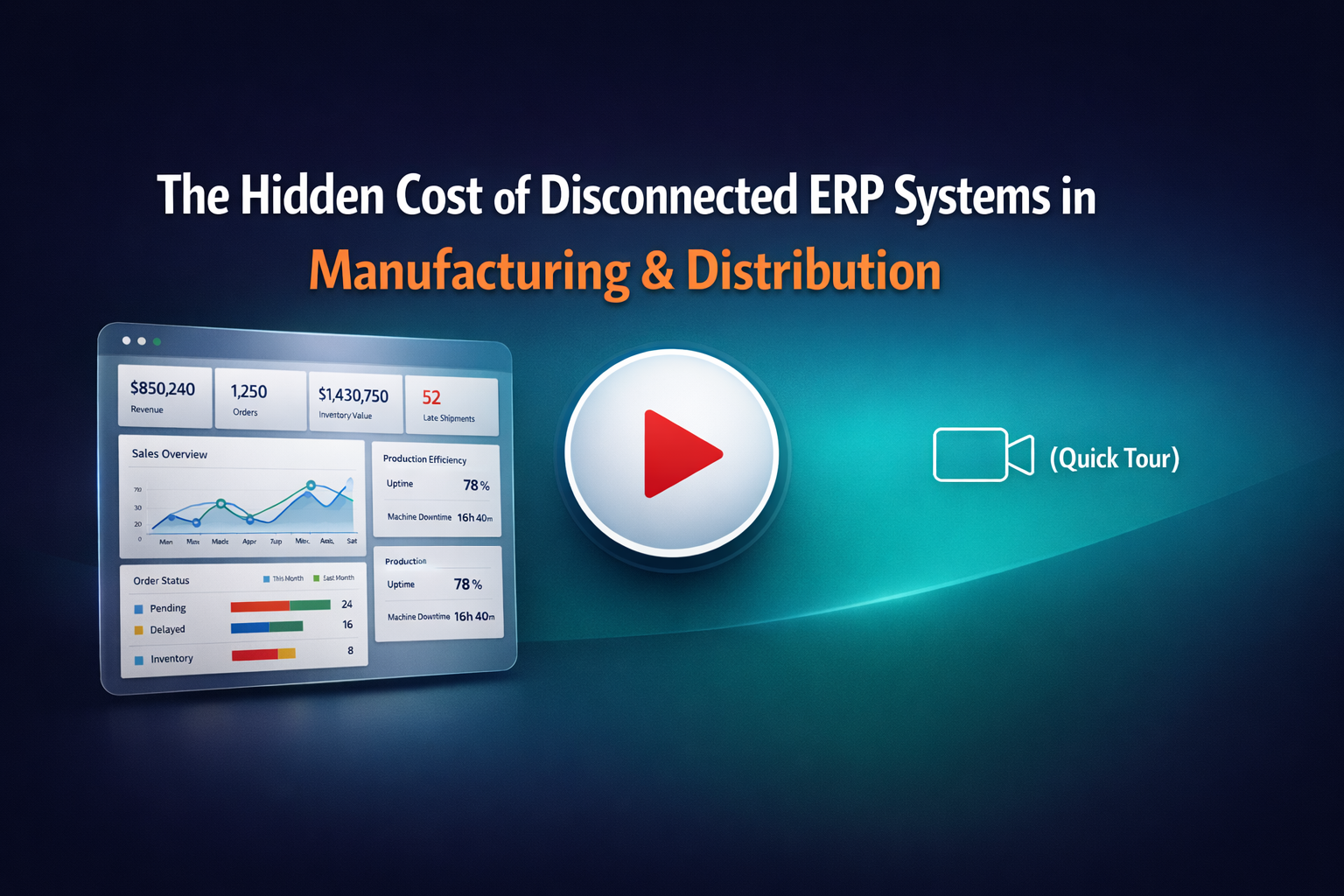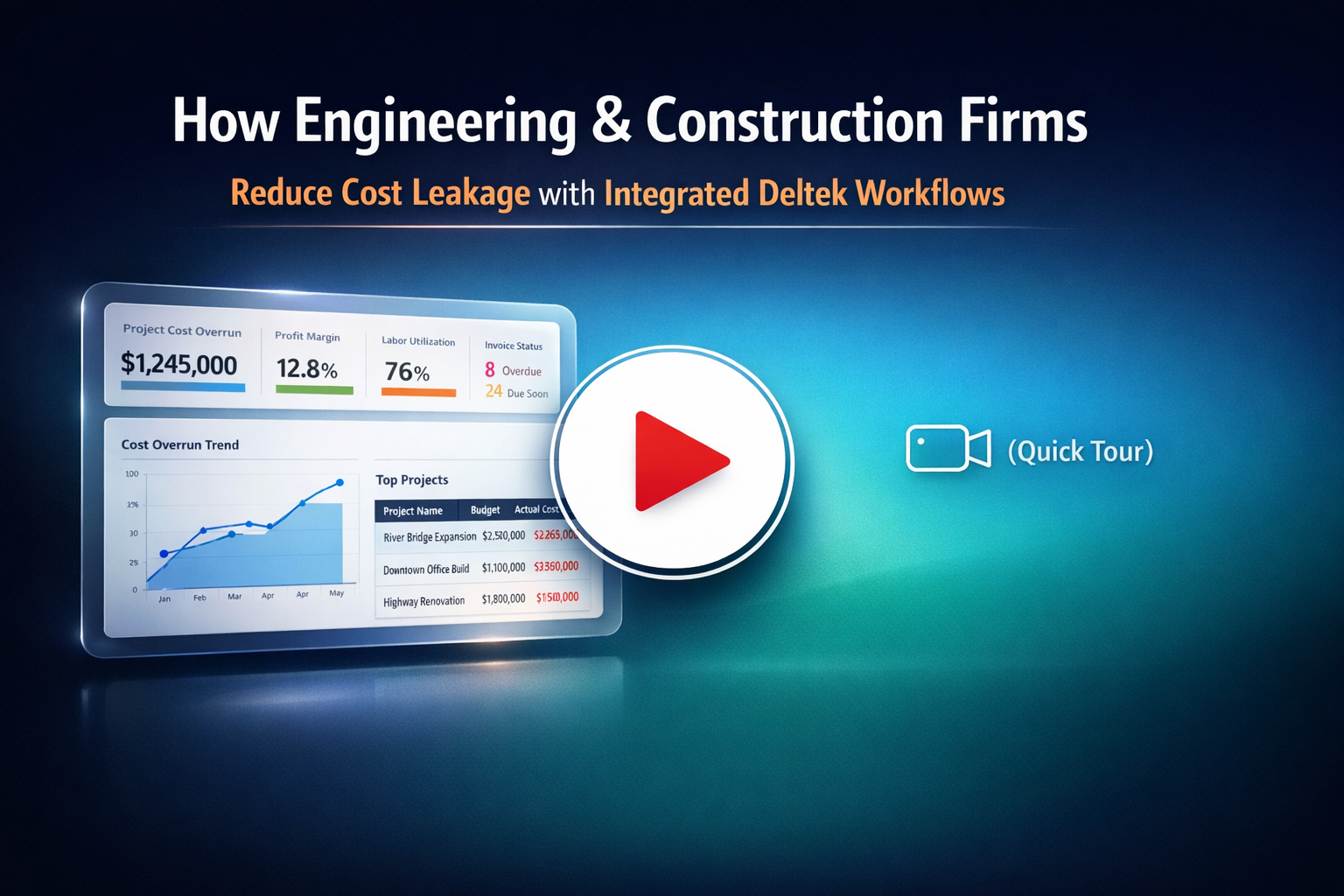Let's be real - in this digital era, companies can't afford to operate with disconnected data silos. With so many disparate systems and cloud applications in play, integrating them for seamless data flows and real-time enterprise integration is crucial. That's where cloud integration and integration platform as a service (iPaaS) solutions swoop in to save the day.
These super cloud-based integration tools act as the ultimate translator, bringing together all your critical business processes and software applications to work in harmony. No more handing off files like a game of hot potato or copying/pasting data until your eyes glaze over. Cloud integration ties everything together in one centralized platform for operational efficiency.
Cloud integration and iPaaS (integration platform as a service) solutions make it easier for businesses to integrate disparate systems, applications, and data sources, enabling seamless data flows, real-time visibility, and automation of business processes.
The benefits of using iPaaS include ease of use, scalability, cost-efficiency, and robust security features compared to traditional on-premises solutions. An iPaaS tool doesn't require businesses to build and maintain an integration solution in-house.
A common use case for iPaaS is integrating cloud applications with on-premises systems, enabling hybrid integration across an organization's cloud and on-premises infrastructure.
Still need convincing this is the way to go? Here are the top 5 reasons cloud integration and iPaaS should be at the top of your priority list:
1. Stays Ahead of the Growth Curve
As your business expands, your integration needs will grow exponentially right along with it. Legacy on-premises solutions can't keep up - they buckle under rising demands. Cloud integration platforms effortlessly scale up or down as required, so you're never caught with constraints holding you back from growth goals.
Think of it like an advanced factory that can add more robotic arms on demand as production needs increase. Whether it's ten more app interfaces or ten thousand more data points, the iPaaS solution flexes to handle it all without breaking a sweat.
2. The Cost-Saver You Need
Self-hosted, on-premises integration is a money pit between hardware, licenses, maintenance...it bleeds cash endlessly. Cloud computing and iPaaS offer the cost-efficient path with flexible, pay-as-you-go pricing based solely on what you use. No more sinking funds into expensive overheads - allocate that money for growth priorities instead.
It's like an ideal, portion-controlled meal plan. You only pay for what you need, not an over-bloated bundle. As appetites change, simply re-calibrate instead of re-investing in new infrastructure.
3. Single Source of Truth
Data fragmented across a dozen systems? Hard pass. Cloud data integration assembles all your critical data streams into one harmonious, centralized hub with a comprehensive view of real-time operations.
Need inventory sync'd with supply chain analytics? Sales figures merged with marketing data? E-comm and fulfillment metrics united? You got it - one goldmine of trustworthy, actionable insights to drive smarter decision-making.
4. Automated Efficiency Gains
For employees, integration automates repetitive tasks like data entry across fragmented systems. Those mindless workflows get blissfully eliminated so teams can refocus their energy on strategic initiatives.
Imagine the collective time saved from automation of things like validating data flows across apps, double-checking synced order details, or consolidating reports. Your people's brainpower is better leveraged for material that matters.
5. Robust Data Security
In this threat-laden era, top cloud providers make data security and compliance absolutely paramount with stringent protocols like encryption in transit and at rest, access controls, continuous monitoring, and automated threat detection.
They maintain a virtual secured bunker for your data assets, with tools like AI/ML-based anomaly identification to proactively shut down issues before they happen. As their sole competency, iPaaS vendors can invest way more into cybersecurity than any single enterprise could.
In addition to the top 5 reasons highlighted, other key benefits of cloud integration and iPaaS include:
- Ability to use APIs and connectors to easily integrate various cloud services and applications without complex coding
- Centralized platform for managing all integration flows and monitoring integration processes
- Eliminates the need to install and maintain integration capabilities across multiple endpoints
- Allows businesses to rapidly build, deploy, and scale integration projects as needs evolve
- Facilitates sharing and use of integration capabilities across an organization
The benefits of cloud integration bring significant advantages over traditional on-premises integration solutions. As cloud adoption continues to accelerate, integration platform as a service (iPaaS) will become an increasingly critical component for enterprises to bridge systems and data.
The path forward is clear - cloud integration platforms eliminate data silos and allow businesses to harmonize their ecosystem for streamlined, data-driven operations both today and as your digital transformation continues.
Don't be held back by legacy integration struggles. Give your operations the competitive edge of a cloud-based integration platform - it's table stakes for thriving in this digital era.








